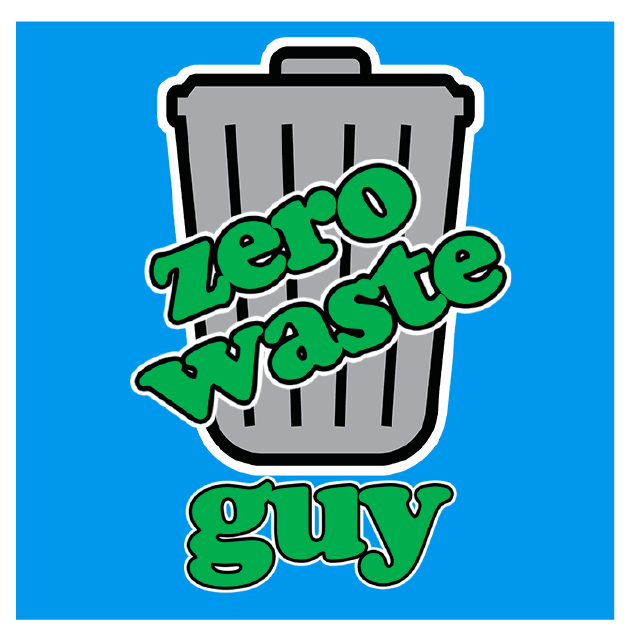In a disposable world it is more important than ever to be mindful of the items we purchase, including what these items are packaged in. Oftentimes we find ourselves purchasing plastic items that will literally last forever in a landfill despite us only using those items for a short amount of time. To be truly zero waste we must eradicate the world of anything that cannot be recycled back into the earth after its useful life has ended.
My parents’ backyard is pretty well grown. Overgrown was the first word that came to mind, but given how many hours per week my mom spends tending to her garden, that might not be the best word to use!
Recently while removing some excess yard debris from somewhere in the background, my mom came across this old plastic pot. She hadn’t seen it for years and had completely forgotten about its existence. Once she saw it though, it brought back the memory of its origins. As it turns out, I received this pot with some sort of plant or planting kit for a birthday that was a long, long time ago. She thinks I was probably five or seven years old when it was given to me. Look at it now! It looks brand new, even though it has been sitting in their backyard in the elements for upwards of 25 years! Yes, that’s right, 25 years.
Plastic is popular because it’s lightweight, durable and inexpensive compared to other materials. What most people don’t realize, however, is that in the grand scheme of things, we design plastic to last forever, but we only use it for a minute.
Let me say this again: Plastic is designed to last forever, but is only used for a minute.
Think about the plastic items you encounter on a daily basis. You spend a few minutes enjoying that iced coffee then toss the cup. You place produce in plastic bags, transport them home, then toss the bags. The list goes on. The point is we use most items for a very short amount of time relative to the amount of time it takes for these items to break down and go “away.”
But where is “away” anyway?
This planting pot is a perfect example of a consumer good that is designed to last forever but only used for a minute.
While the gift I received was well intentioned and probably used for a decent amount of time (If we’re lucky, maybe even a few years), it was now unbeknownst to my family, lost forever in their background.
For all intents and purposes, let’s pretend for moment that this pot’s final resting place was in a landfill and not my parents’ backyard. After 25 years of hot and cold, wet and dry, it still looks brand new. It was used for maybe a year or two, but will spend 700 years or more breaking down. And something that most people don’t realize is that plastic does not biodegrade or compost. Even saying it breaks down is a bit of a stretch, because it really doesn’t. Instead it decays, abrades, flakes off or otherwise shrinks smaller and smaller until we just can’t see it anymore. It doesn’t go away though, because the micro fibers that once made that product are now in the environment.
“But I recycle.”
I hear this all the time. When people tell me they recycle I ask them what that means. They usually follow up by telling me that they put plastic and other perceived recyclables in a recycle bin. What most people do not realize is that only about 70% of items placed in recycle bins actually get recycled and they are usually the higher value plastics such as water bottles. Hard plastics, like this pot are typically made of lower quality plastics that are brittle and injected with a ton of chemicals making them not recyclable.
What type of plastic should you use?
Plastic makes up such a large part of our existence that we can’t necessarily abandon overnight. That being said, start small by looking at everyday disposable items that can be replaced with reusable items. Coffee cups, water bottles and straws are all good starting points. The next time you buy plants from the store, see if they will take back the pots to reuse them. If you must by something made from plastic, see if it can actually be recycled. If nothing else, be mindful of the long-term impact of your short-term decision.

Recent Comments